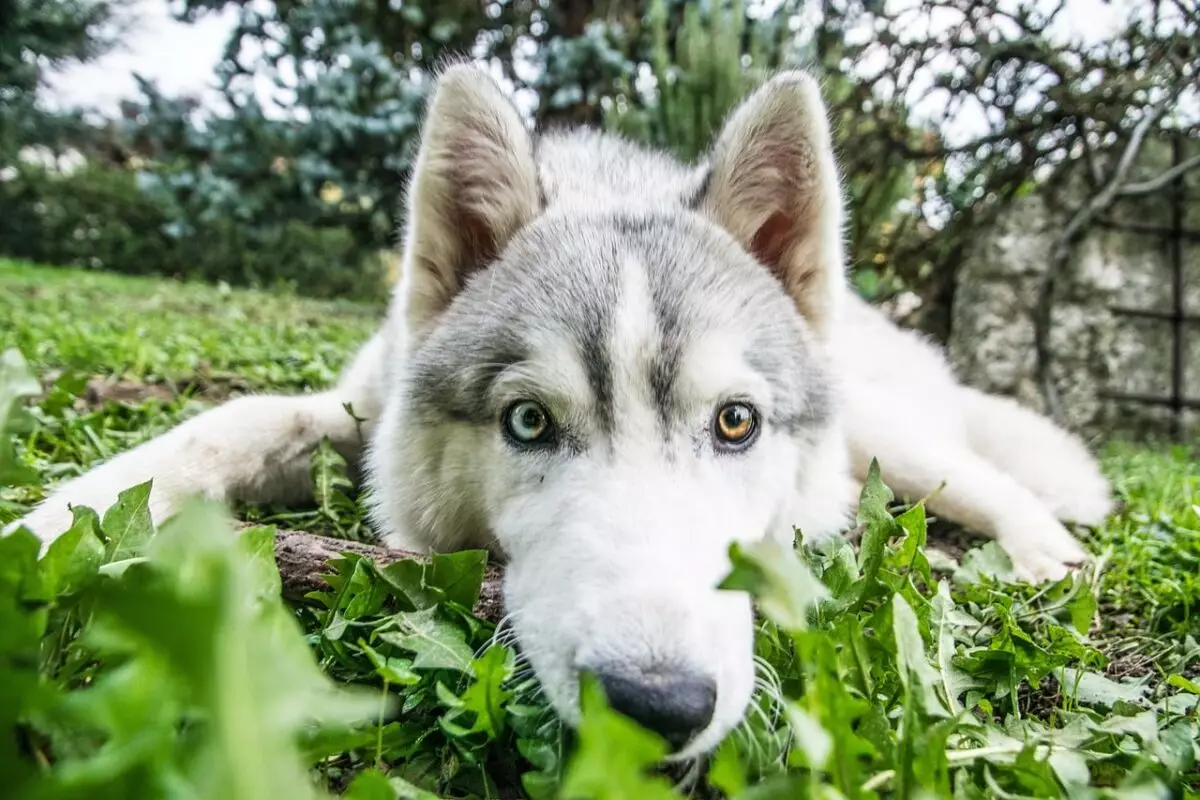When it comes to training dogs, the experiences can range from heartwarming to frustrating. Some dogs eagerly engage and respond to commands, while others seem to enjoy pushing boundaries and testing their owner’s patience. This disobedience can often be mislabeled as a sign of a lack of intelligence, but in many cases, it reflects the dog’s strong independence, unique personality, and spirited nature. Understanding these traits can equip potential dog owners with the right expectations, especially when it comes to breeds known for their challenging behavior.
Understanding Disobedience: More than Meets the Eye
The concept of disobedience in dogs is multi-faceted. A dog that resists commands isn’t necessarily unintelligent or rebellious; rather, it often stems from a vibrant personality that prefers to march to its own drum. This inclination can turn training into a venture filled with ups and downs, requiring both patience and a sense of humor. A dog’s inherent traits, whether stubbornness, independence, or even an overwhelming curiosity, can greatly influence their response to training.
Many independent breeds, while intelligent, are driven more by their instincts or whims than by the desire to please their owners. This can lead to frustrating moments where commands seem to fall on deaf ears. However, recognizing that such behaviors are part of a dog’s personality rather than outright disobedience can help in developing more effective training strategies.
Some breeds exemplify this mixed bag of affection and challenge, most notably the Afghan Hound. Renowned for their striking appearance and regal demeanor, Afghan Hounds embody independence. Their aloofness may come off as selective hearing during training sessions. This characteristic illustrates how beauty can sometimes mask a challenging nature, requiring owners to adapt their training techniques to connect with these sensitive souls.
Similarly, the Basenji possesses an intelligence that is frequently overshadowed by its stubbornness. Known for their inability to bark, these dogs often prioritize their independence over commands. They are not adverse to learning but prefer to engage only when they see personal benefits. This can be particularly daunting for novice dog owners, who may not yet be prepared to navigate the world of dog training with an independent-minded canine.
The Affectionate Yet Stubborn Companions
Breeds such as Bulldogs and Beagles further underscore this theme of affection mixed with stubbornness. Bulldogs, with their endearing personalities, often find themselves lounging more than listening. Their natural laziness doesn’t translate to a lack of understanding but rather an insistence on doing things in their own time. Beagles, on the other hand, can become easily distracted by scents in their environment, making them poor candidates for obedient training without a keen and patient owner.
Among the more energetic breeds, Jack Russell Terriers and Siberian Huskies serve as prime examples of intelligent yet independent dogs. Jack Russells are quick on their feet and quicker to chase any distraction that captures their interest, while Huskies boast a strong instinct to roam, making obedience training a substantial challenge for even seasoned owners. Their innate drive often takes precedence over any commands issued, showcasing that even the most intelligent breeds may choose not to comply without sufficient motivation.
Interestingly, smaller breeds like Dachshunds and Shiba Inus also fall into this intriguing category of independent dogs. Dachshunds were bred for hunting, which contributes to their assertive character; they have their own agenda and will often follow it. Shiba Inus, in contrast, possess a cat-like sense of self-sufficiency and may choose to ignore commands altogether, navigating their lives on their own terms.
Even the seemingly pampered Pekingese, once companions of royalty, carry a strong sense of independence. Their stubbornness can be instantly disheartening to owners hoping for eager cooperation but aligns with the dog’s desire to assert its personality and agency.
In observing these behaviors, dog owners are reminded that a dog’s disobedience doesn’t equate to a lack of intelligence; it’s often a reflection of a spirited personality and a complex understanding of the world around them. These independent dogs can provide countless moments of joy and laughter, even as they present challenges in obedience training.
Embracing the individuality of their personality may be the ticket to a more fulfilling and fun relationship with these wonderfully independent breeds. By adjusting training methods and expectations, owners can merge patience and creativity to cultivate a partnership that balances obedience with the delightful quirks that only these unique canine characters can offer.

